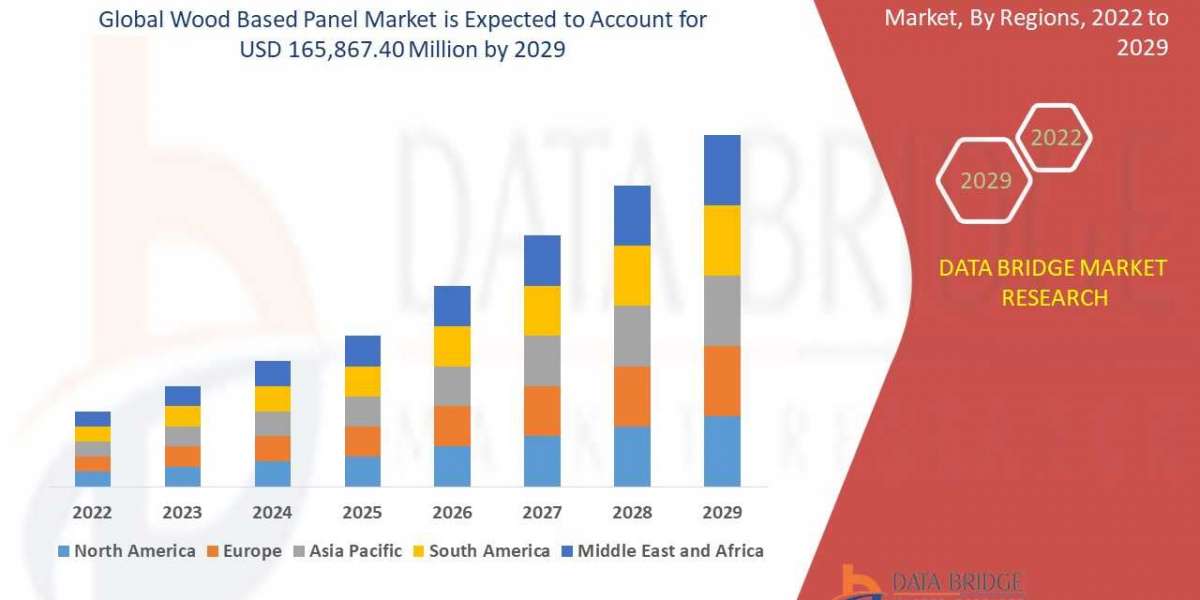In this dynamic landscape, patient-based forecasting in pharma has emerged as a critical tool to guide decision-making, optimize resources, and deliver the right treatments to the right patients. This article explores the intricacies of patient-based forecasting and its significance in the pharmaceutical sector.
What is Patient-Based Forecasting in Pharma?
Patient-based forecasting is a data-driven approach used by pharmaceutical companies to predict the demand for their products based on patient-specific information. It goes beyond traditional forecasting methods that rely solely on historical sales data and market trends. Patient-based forecasting takes into account individual patient characteristics, treatment pathways, and disease progression to create more accurate predictions.
The Importance of Patient-Based Forecasting
Patient-based forecasting plays a pivotal role in the pharmaceutical industry for several reasons:
1. Personalized Medicine
Patient-based forecasting allows pharma companies to tailor treatments to individual patient needs, improving patient outcomes and satisfaction.
2. Inventory Management
By predicting demand accurately, pharmaceutical companies can optimize inventory levels, reducing wastage and costs.
3. Resource Allocation
Pharmaceutical companies can allocate resources efficiently by forecasting patient needs, ensuring that drugs reach the right patients at the right time.
4. Research and Development
Patient-based forecasting provides valuable insights for drug development, helping companies prioritize research efforts and allocate resources wisely.
Data Sources for Patient-Based Forecasting
Accurate patient-based forecasting relies on a variety of data sources:
- Electronic Health Records (EHRs)
- Claims Data
- Clinical Trials Data
- Prescription Data
- Patient Surveys
- Wearables and IoT Devices
Key Factors for Accurate Forecasting
To ensure accurate predictions, several factors come into play:
- Data Quality and Quantity
- Data Integration
- Advanced Analytics
- Machine Learning Models
- Expert Domain Knowledge
Methods and Models for Patient-Based Forecasting
Pharmaceutical companies employ various methods and models for patient-based forecasting, including:
- Markov Models
- Bayesian Networks
- Time Series Analysis
- Machine Learning Algorithms
Challenges in Patient-Based Forecasting
Despite its potential, patient-based forecasting in pharma faces several challenges:
- Data Privacy and Security
- Regulatory Compliance
- Data Silos
- Lack of Standardization
- Complex Disease Pathways
Case Studies
Let's delve into a few real-world examples where patient-based forecasting made a significant impact in the pharmaceutical industry:
- Oncology Treatments
- Rare Disease Therapies
- Chronic Condition Management
Benefits of Patient-Based Forecasting
The benefits of patient-based forecasting are far-reaching:
- Improved Patient Outcomes
- Reduced Costs
- Better Resource Allocation
- Accelerated Drug Development
Implementing Patient-Based Forecasting in Pharma
To implement patient-based forecasting successfully, pharmaceutical companies must:
- Invest in Data Infrastructure
- Build Analytical Capabilities
- Collaborate with Healthcare Providers
- Address Ethical Concerns
Future Trends in Patient-Based Forecasting
The future of patient-based forecasting in pharma holds promise, with advancements in:
- AI and Machine Learning
- Real-World Evidence
- Interoperability
- Patient Engagement
Ethical Considerations in Patient-Based Forecasting
As patient-based forecasting relies on personal health data, ethical considerations are paramount. Companies must prioritize patient privacy, data security, and informed consent.
Conclusion
In conclusion, patient-based forecasting in pharma is a game-changer. It enables pharmaceutical companies to make data-driven decisions, offer personalized treatments, and optimize their operations. As technology continues to evolve, patient-based forecasting will become even more crucial in the pharmaceutical industry.







